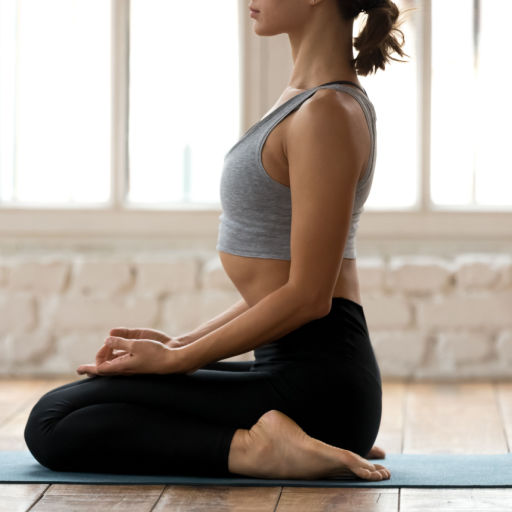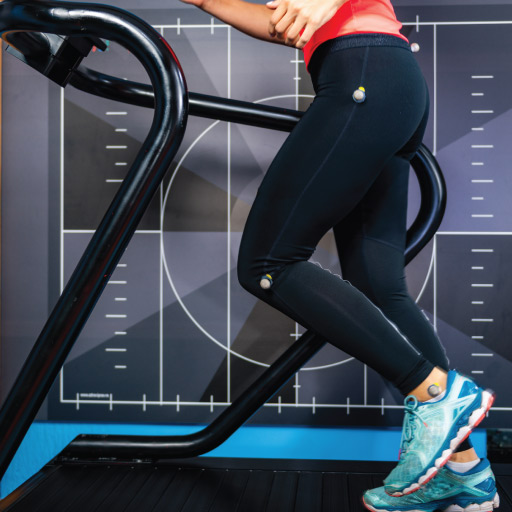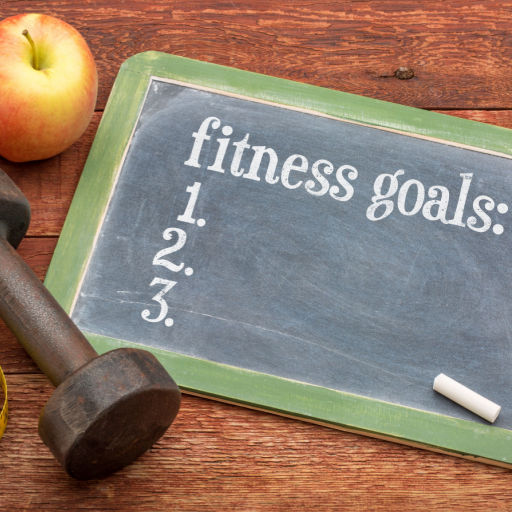Vajrasana is a posture that embodies strength and tranquillity. Also known as the Thunderbolt Pose, Vajrasana offers a treasure trove of health benefits, especially for our gut and digestive system. It is also considered one of the easiest yoga postures anyone can start with! So, let’s bring out the yoga mats and get into it!
What you need to know:
- What is Vajrasana?
- How to do Vajrasana pose properly?
- Vajrasana steps performing guide
- The health benefits of Vajrasana
What is Vajrasana?
Vajra, meaning “thunder,” and asana, which means “posture,” are ancient Sanskrit words. Vajrasana is considered to boost the vajra nadi, body routes through which Prana (life force) moves in the body. In addition to assisting digestion, vajrasana also activates the life-force energy located at the base of our spines.
Vajrasana is a yoga pose and a symbol of strength and stability. Our spine remains erect when we assume this position, promoting a sense of grounding and connection with the earth. Vajrasana is often practised in meditation and breathing exercises, providing a stable foundation for focused awareness and introspection.
How to do Vajrasana pose properly?
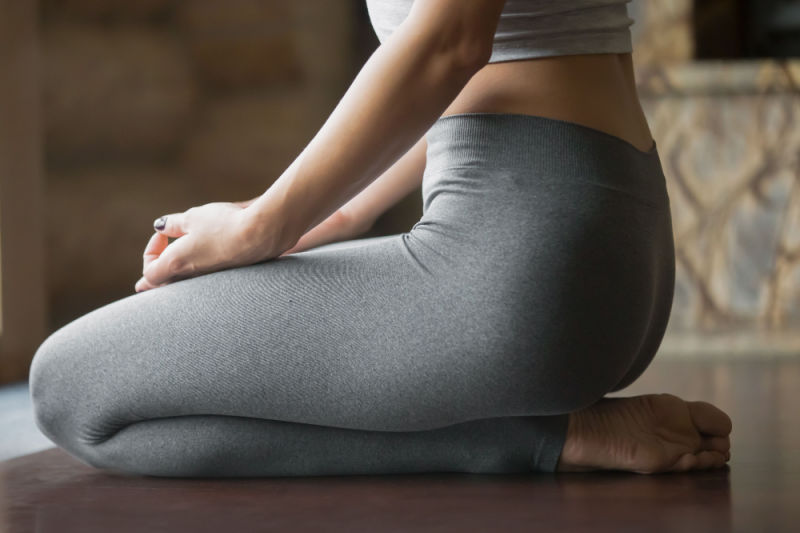
Vajrasana yoga is a seated posture with numerous benefits for the body and mind. To perform Vajrasana correctly,
- Start by kneeling on the floor with your knees close together.
- Gently lower your back onto your heels, ensuring your weight is evenly distributed.
- Keep your spine straight and aligned.
- Allow your shoulders to relax.
Take slow, deep breaths and focus on maintaining a relaxed and calm state. While beginners can hold it for 30 to 1 minute, experts can go up to even 5 minutes. It’s important to remember to listen to your body and adjust the pose as needed to avoid any discomfort. Let’s go over the best steps you can follow to experience how Vajrasana benefits your health.
Vajrasana steps performing guide
You can practise the Vajrasana pose using these seven steps easily:
- Find a quiet and comfortable space: Choose an area where you can practise without distractions. Place a yoga mat or a soft surface on the floor.
- Kneel on the mat: Begin by kneeling on the floor with your knees close together.
- Lower your hips: Slowly lower your hips and sit on your heels. Ensure that you rest on your heels and that your thighs are touching or slightly apart.
- Straighten your back: Keep your spine upright and straight. Avoid slouching or leaning forward.
- Relax your shoulders and arms: Allow your shoulders to relax and gently roll them back. Rest your hands on your thighs.
- Maintain a relaxed and natural posture: Keep your neck aligned with your spine and chin parallel to the ground.
- Breathe deeply and stay in the pose: Take slow and deep breaths, inhaling and exhaling through your nose.
The health benefits of Vajrasana
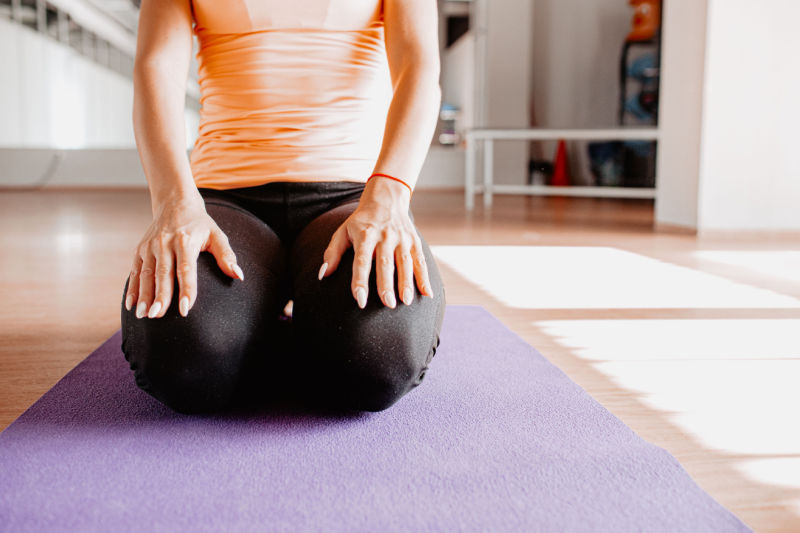
If you are wondering how Vajrasana benefits your health, take a look at the pointers given below:
Aids in digestion:
The importance of practising Vajrasana yoga after meals has been passed down from our ancestors. One of the key Vajrasana benefits is its ability to improve digestion by stimulating the digestive fire. The gentle compression on the abdomen stimulates the digestive organs, helping to break down food efficiently.
Improving posture:
Doing Vajrasana every day can make your hip and leg muscles stronger. This will also align your spine in a healthy way. A strong body posture boosts confidence and mental well-being. Regularly practising Vajrasana benefits those with stiff joints or arthritis as it improves flexibility.
Better blood circulation:
The Vajrasana yoga is great for boosting blood circulation. In addition, breathing during Vajrasana can also regulate general blood circulation. It also helps in lowering blood pressure and hypertension, resulting in decreased chances of heart disease.
In a nutshell, Vajrasana Yoga is great for building a strong body and training your mind.
Stay tuned to the Activ Living Community. Keep up to date with the latest health tips and trends through expert videos, podcasts, articles, and much more in nutrition, fitness, mindfulness, and lifestyle conditions like Asthma, Blood Pressure, Cholesterol, and Diabetes.
You may also be interested in the following blogs:
Popular Searches
How to lower blood pressure | Fruits good for liver | Unhealthy foods | Ragi Benefits | Basal Metabolic Rate | Acupressure points for High Blood Pressure | Ayurvedic medicine for blood pressure | How to control cholesterol at home | Homeopathy for Asthma | Biological Age | Home remedies for TB | Natural beta blockers | Negative effects of internet | Types of walking | Blood pressure calculator | Blood sugar calculator | BMI Calculator





 1800-270-7000
1800-270-7000


